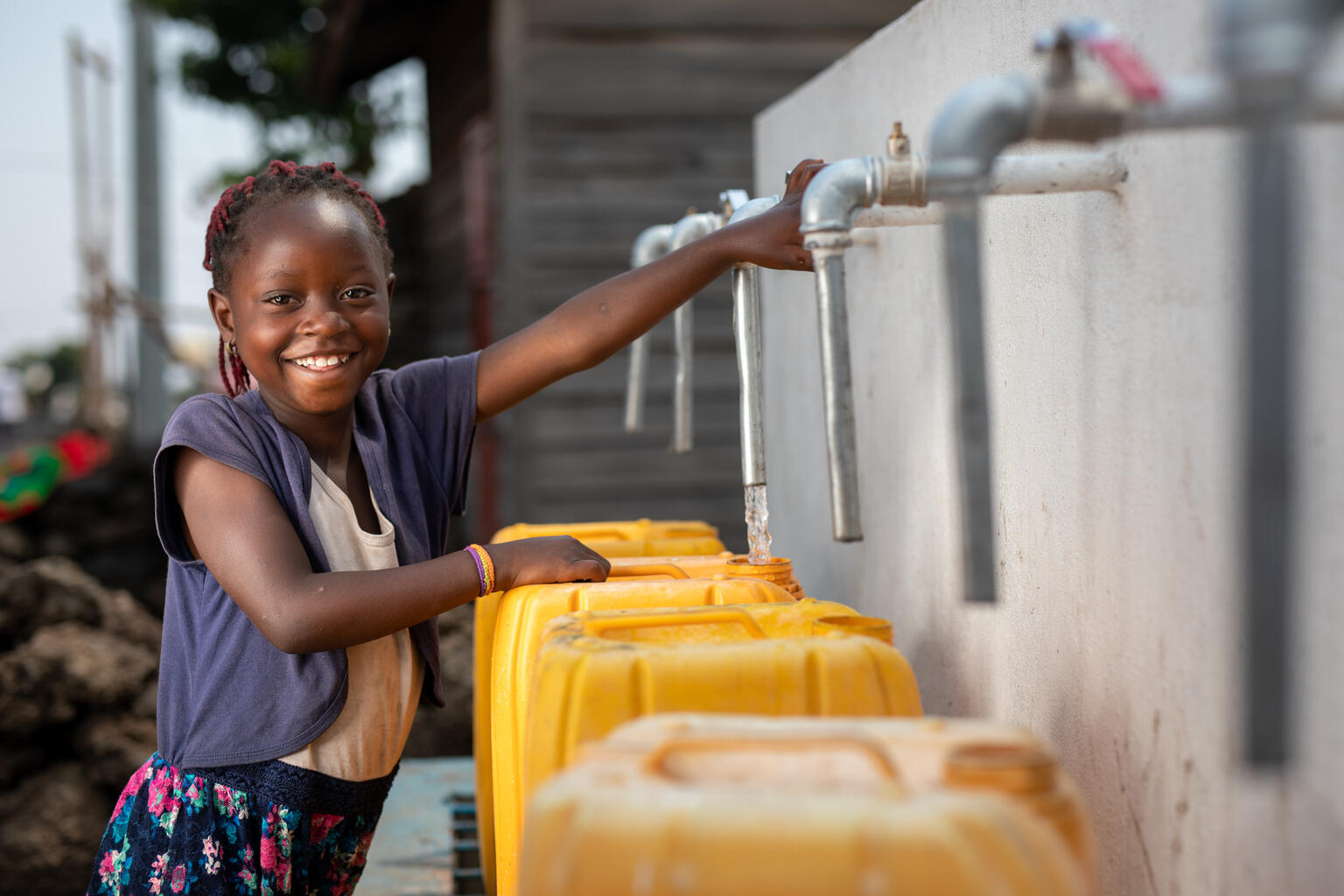Women living in the Global South are affected by environmental degradation everyday through aspects of their physical surroundings and abstract happenings. Environmental conditions like, “water- logging, creating what the local people aptly call “wet deserts” (Agarwal) are largely affecting women and girls who are normally designated as the people who perform daily tasks like caring for the home and water gatherers. Regions surrounding countries in Asia and Africa, specifically India as showcased in this week’s reading that, “degradation in India’s natural resource base is manifest in disappearing forests, deteriorating soil conditions, and depleting water resources” (Agarwal). What causes more of an alarm to me when it comes to this matter (women and environmental deterioration) is this alarming point that Agarwal brings up. She says this on women in regions of India, “groundwater levels have fallen permanently in several regions, including in northern India with its high water tables, due to the indiscriminate sinking to tube wells the leading input in the Green Revolution technology. As a result, many drinking water wells have dried up or otherwise been rendered unusable. In addition, fertilizer and pesticide runoffs into natural water sources have destroyed fish life and polluted water for human use in several areas” (Agarwal). The conditions are exacerbated for women because like the United Nations Reports says “women and girls usually have the responsibility of fetching water. This can be a dangerous, time-consuming and physically demanding task. Long journeys by foot, often more than once a day, can leave women and girls vulnerable to attack and often precludes them from school or earning an income” (UN Article).

**This week I was exposed to the acronym of W-A-S-H from the United Nations article. WASH stands for Water, Sanitation, and Hygiene.
Western ecofeminism perspective will prioritize an, “approach to transforming relationships of domination and the removal of hierarchical thinking” (Last week’s reading).
While under a non -western perspective of ecofeminism, the priorities of ecofeminism include:
1. There are important connections between domination and oppression of women and the domination exploitation of nature.
2. In patriarchal thought, women are identified as being closer to nature and men as being closer to Nature is seen as inferior to culture; hence, women are seen as inferior to men.
3. Because the domination of women and the nation of nature have occurred together, women have a particular stake in ending the domination of nature, “in healing the alienated human and non-human nature.”
4. The feminist movement and the environmental movement both stand for egalitarian, archical systems.
Which Thoughts on Ecofeminism are more interesting?
In my opinion both streams of thoughts on ecofeminism are so interesting. For this week I will say the non -Western ecofeminism introduced a few new points to the conversation. Upon reading Agarwal’s work this week the idea that society places women more connected to nature than men and the idea that oppression of women and nature are always occurring at once is a new perspective that resonates with me deeply. Many of these non- western ideas I had never thought about but I feel will more than likely be a recurring theme in ecofeminism.
Hi Jillian! I also found it interesting when Agarwal pointed out that fertilizer and pesticide run offs have destroyed fish life. When I read that, I stopped and thought to myself “why didn’t I think of that?” And then I realized that it is because in the west we tend to take our overflowing resources for granted. And we do not think that the water crisis goes beyond lack of clean drinking water. As Agarwal pointed out, it has diminished fish life, and this creates a food crisis as well since fish is a source of protein for a lot of people. Especially in India where cows tend to be sacred among those of the Hindu faith, and Hindi people make up the majority of India’s population – and because of that the consumption and slaughter of cows is prohibited in much of the nation. I do not think the people of the west take it that far in thought (even though it really isn’t that far in thought) because we look at things from only our own perspective.
I also found it interesting how you brought up how environmental degradation effects both women and girls’ schooling and employment and this in and of itself is another human rights issue, as the United Nations has established that the access to education is in fact a human right. It really goes to show that the access to a clean and sanitary environment, and that lack of access does, really does effect women and girls in a much greater way than I have ever thought of .